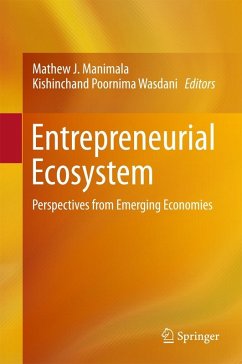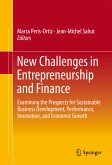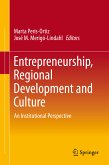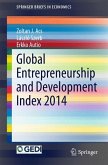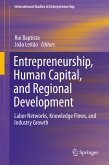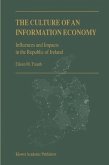Economic development is a priority for all nation-states, whether developing or developed. In recent times, a few among the developing nations - often referred to as the emerging economies - have attracted the world's attention because of their fast pace of economic growth. While the similarities among these nations (for example the BRICS) in the pattern of their economic growth are highlighted and discussed, the differences are often glossed over. This book, therefore, attempts to present the diverse ways in which entrepreneurship is facilitated in emerging economies, through a compilation of research papers from six different countries (India, China, Singapore, Hong Kong, Nigeria and New Zealand) belonging to the class of emerging economies. The papers included in this book cover a variety of topics related to the creation and management of an entrepreneurial ecosystem, such as intercultural interactions, IPR issues, government policies for SMEs, social entrepreneurship, opportunity identification, green entrepreneurship, employee entrepreneurship, symbiotic ventures and social capital, social fluidity mapping for reducing failure stigma, green awareness in the corporate world and among entrepreneurs, venture capital for growth, immigrant entrepreneurs, entrepreneurial success and life satisfaction, among others. The contributions are supported by an introductory chapter that provides an integrative framework by unifying the diverse patterns of economic development in the different countries under various institutional inadequacies as a process of "muddling-through to development", necessitated by the non-systematic development of the ecosystem for new venture creation. This book is indeed a must-read for those interested in understanding the process of entrepreneurship and economic development in emerging economies.
Dieser Download kann aus rechtlichen Gründen nur mit Rechnungsadresse in A, B, BG, CY, CZ, D, DK, EW, E, FIN, F, GR, HR, H, IRL, I, LT, L, LR, M, NL, PL, P, R, S, SLO, SK ausgeliefert werden.

